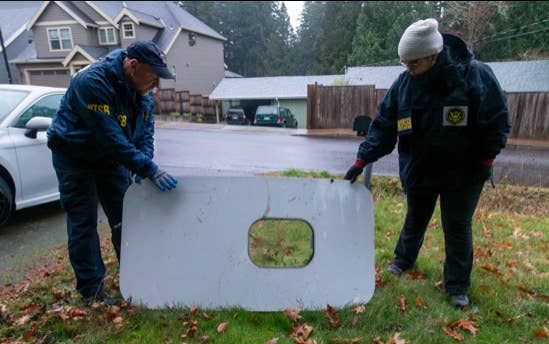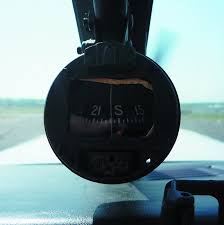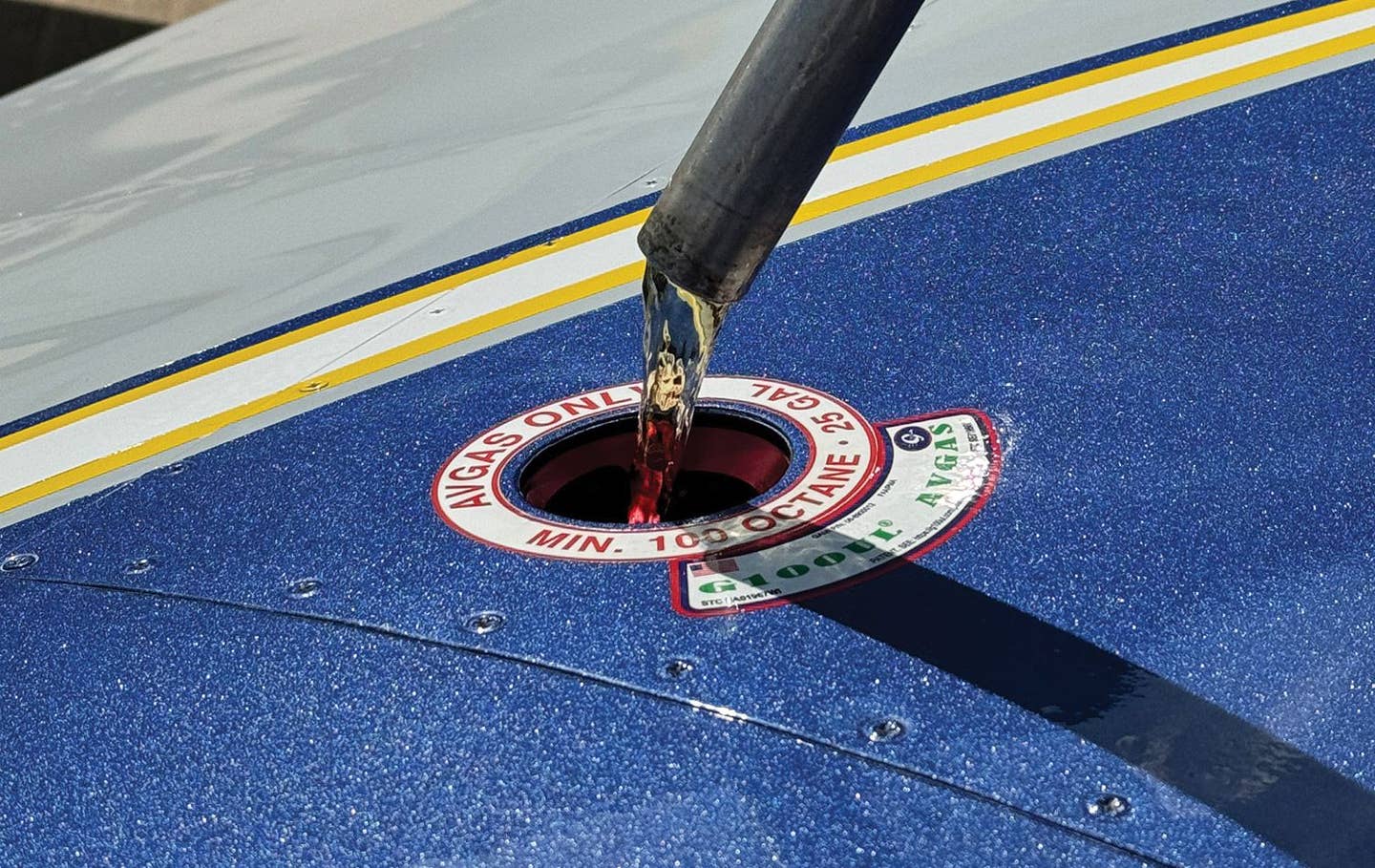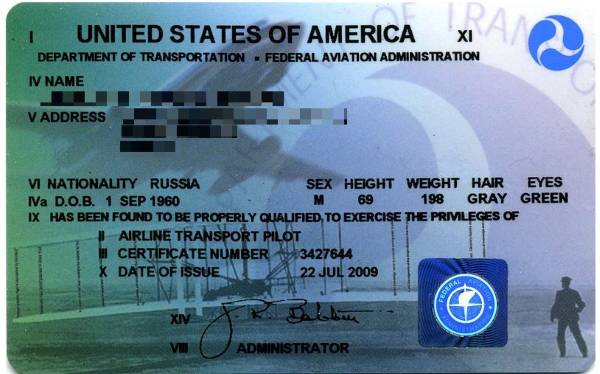What To Do About Boeing-And The FAA?
The FAA and Boeing both need fixing. Who’s going to do it?

There are plenty of jobs for which I'm unqualified and even more that I know I would hate, but I can't imagine what the Boeing exec who got this particular assignment thought when it appeared in his or her internal email. As we speak, this poor soul is trying to sell the FAA on relaxing enforcement of a known safety defect on the MAX 7 and 10 so Boeing can get the two variants certified. The anti-icing systems on the engine nacelles on all the MAXes overheat and that could cause the carbon fiber structure of them to fail with nasty result. They need to be re-engineered and Boeing has a fix, but it's going to take years.
Without an exemption, Boeing can't certify the 7 and 10 and there are hundreds of orders, including a big one for the 7 to Southwest and one for Delta for the 10. The hundreds of already-certified 8s and 9s are flying on the condition that pilots turn off the de-icing when they get into drier air. It's all on the pilots. They have to make the judgment on the icing conditions and remember to toggle the heat on and off as they demand. Boeing wants the 7s and 10s to be certified under those rules and then get in line for the retrofit when it's ready. By the time the fix is ready, reports say there will be 2,000 MAXes in the air if these certifications are allowed.
Boeing submitted the paperwork for the exemption in late December and among the justifications it cited was that it was "extremely improbable" that a nacelle would actually fail. Back in December, I'm sure the company would have said the same thing about a door plug popping loose in flight.
Back in December, even given the checkered history of the type and the shaky relationship between Boeing and the FAA, I would have given odds on Boeing getting that exemption. Boeing's clout goes far beyond that of a big business looking for a break. It's a fundamental part of the U.S. economy, and it needs money as it recovers from the MCAS debacle. I would have bet a heavily supervised exemption was pretty much a slam dunk. Now, I'm not so sure the company or the FAA can withstand the public scrutiny such a move would attract. The FAA, after all, was tarnished as much by the control system tragedies as was Boeing.
So that brings us to late January, when at least 171 MAX 9s with door plugs are grounded and the FAA is all over Boeing in what would seem like a pretty straightforward quest to understand how a chunk of metal and plastic that should have been bolted to the fuselage suddenly wasn't. But it's clearly a lot more than that. It goes to the culture, the organization and perhaps more importantly the business motivation of the company and its means of pursuing it.
So, what do we do about Boeing? Maybe more importantly, what do we do about the FAA?
The Department of Transportation has been musing about bringing in some outside help to probe those issues. It's talked about a nonprofit consulting company that sounds a lot like those outfits that issue certifications to firms that meet the organizational and business practice standards that they set. I don't think that's going to cut it.
So, how does the U.S. government get to the bottom of the issues that have led to this series of tragedies and breathtakingly close calls? Instead of just getting Boeing to get outside help, maybe the government itself needs some. It can't just hire a consultant. It needs some peer-to-peer-level investigation and recommendations on how to fix this. That means inviting some really high-level help.
The U.N.'s International Civil Aviation Organization (ICAO) is a possibility, but it really doesn't have that kind of mandate. Its job is to try to ensure uniform standards and regulations throughout the global aviation industry and not to fix the systemic issues of individual members.
That leaves asking for help from another country or countries, but there aren't that many that could offer meaningful help. The European Aviation Safety Agency (EASA) certainly has the structure and depth to conduct such a probe, but Airbus is its biggest customer and doing that kind of deep dive into Boeing's business seems like a non-starter.
The only other Western country that has an aerospace industry that kind of parallels that of the U.S. is Canada. Most of the Airbus A220s are built there at the former Bombardier headquarters in Quebec. Transport Canada certified that aircraft as the Bombardier CSeries but, largely because of Boeing's efforts to sink the new aircraft, Bombardier was bailed out by Airbus, which is enjoying a lot of success with the quiet, comfortable and fuel-efficient A220.
DeHavilland Canada is planning a huge new campus in Alberta to build airliners and firefighting aircraft and Bombardier still makes its flagship Global business jet series in Toronto. The whole Canadian industry's annual output is probably only the equivalent of a few days of Boeing production, but the general concepts should be the same and Transport Canada inspectors are keeping an eye on all of that activity. Maybe they have some ideas on how to fix Boeing or even the FAA.
Beyond that, maybe that door plug dragged out of the teacher's brush pile in Oregon will start a serious look at how the FAA is funded and managed, and, by extension, how the aerospace system is regulated and inspected. For decades, the industry has been clamoring for a different structure that takes the politics out of FAA funding so the agency can properly budget and plan for the long term.
I don't know exactly how EASA and Canada do it and I'm sure they have their issues, but I do know I've never written a story about them running out of money as I have with the FAA. And I also haven't written any stories that call into question the ability of those other jurisdictions to provide the oversight of their industries as I have with the FAA.
Maybe it's time we asked why.






